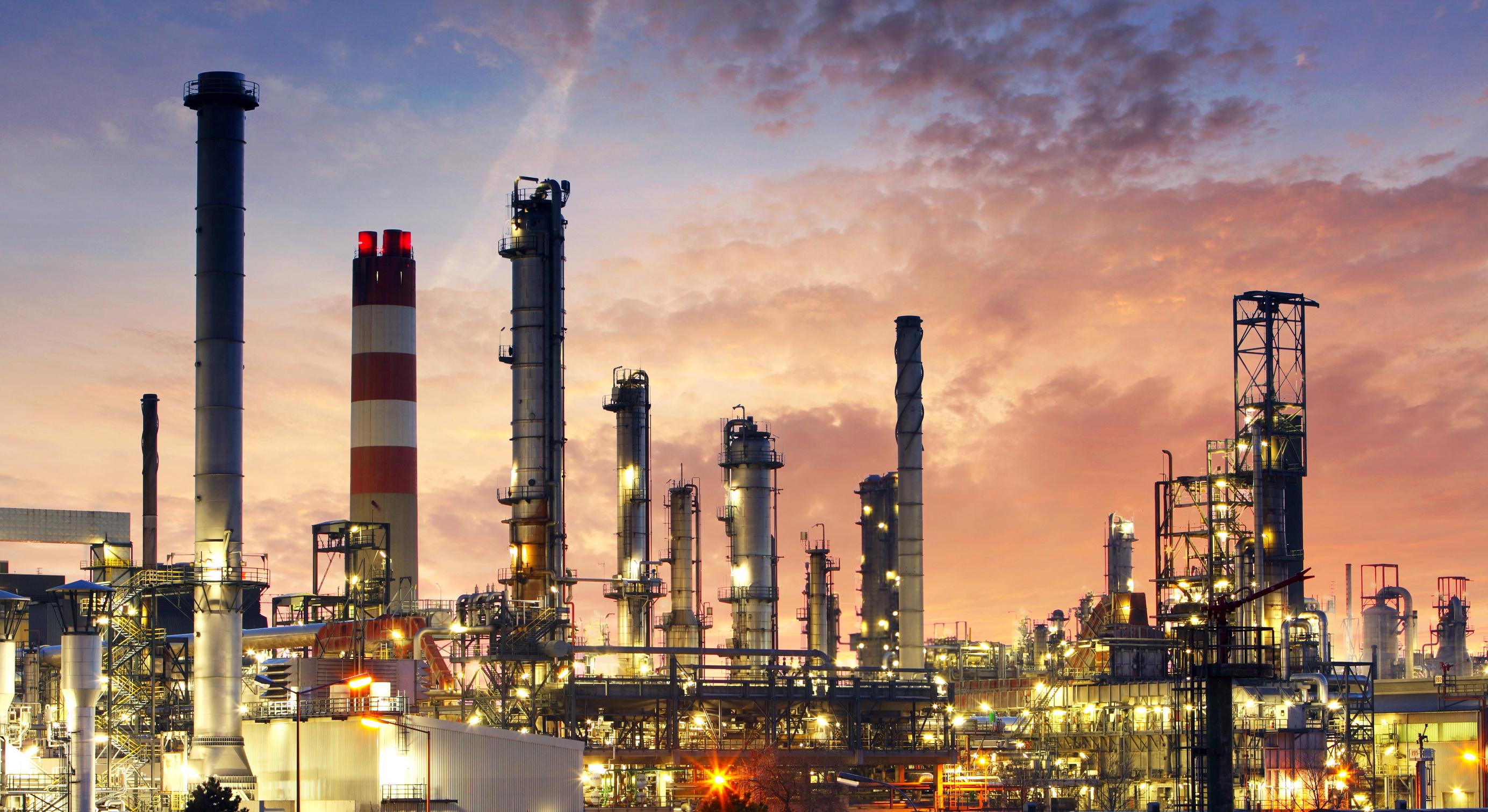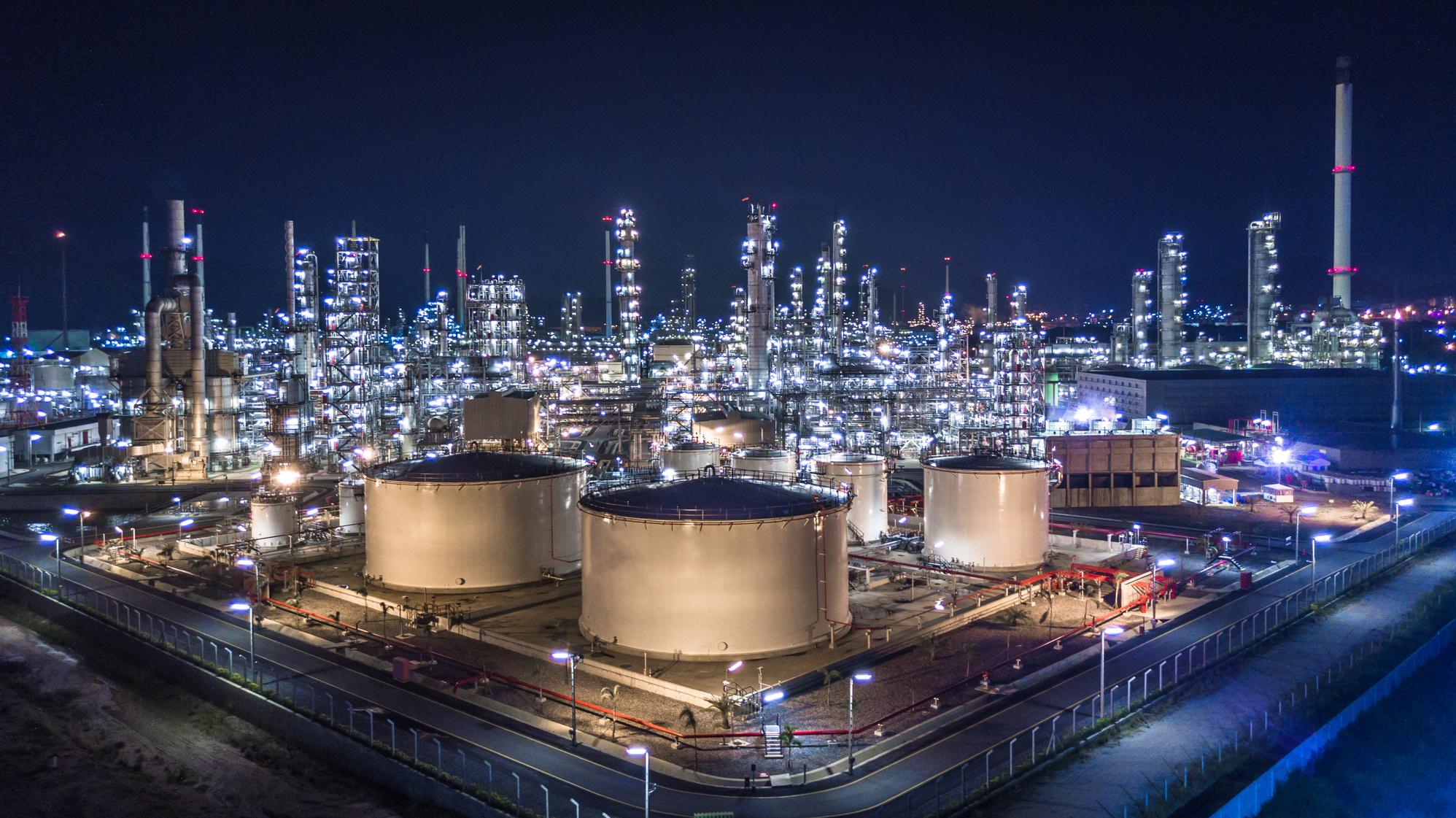





The final sector of the oil and natural gas industry is known as downstream
Downstream operations are the processes involved in turn oil and gas into final products
There are upstream, midstream, and downstream operations within the oil and gas industries


The downstream industry provides numerous products such as jet fuel, gasoline, diesel, synthetic rubber, plastics, pesticides, pharmaceuticals, natural gas, and propane.

The downstream process delivers the products most directly connected to consumers, making it the most relatable sector of the oil and gas industry for the public.

Oil Refining
Natural Gas
Product Distribution
Marketing


The oil refining process is crucial in the oil and gas industry, converting raw crude oil into various refined petroleum products
Distillation: The initial step in refining, it separates the crude oil into different components based on their boiling points.
Cracking: To ensure optimal utilization of crude oil, heavier fractions are broken down into lighter, more usable products like gasoline and diesel oil.

Treatment: Once separated and cracked, these fractions undergo treatment to remove impurities, such as sulfur and volatile organic compounds.

Purification: Processing facilities meticulously remove moisture, carbon dioxide, and other pollutants to make the gas safe and efficient for use.
Liquefaction: To facilitate transportation, especially overseas, natural gas is cooled to become liquefied natural gas
Separation: Among its components, raw natural gas includes valuable natural gas liquids (NGLs) such as propane, butane, and ethane.


Transportation Modes: Refined products are transported from refineries to end-users through pipelines, tanker ships, rail cars, and trucks, each chosen based on efficiency, volume, and distance.
Storage Facilities: Products are stored in tank farms and terminals to manage supply, accommodate demand fluctuations, and ensure a steady distribution flow. l


Market Analysis and Segmentation: Identify target markets based on geography, industry sectors, and consumer demographics.
Pricing Strategy: Set pricing levels based on factors such as crude oil prices, refining costs, market demand, and competitive dynamics.
Promotion and Advertising: Create marketing
camSeparation: Among its components, raw natural gas includes valuable natural gas liquids (NGLs) such as propane, butane, and ethane.


